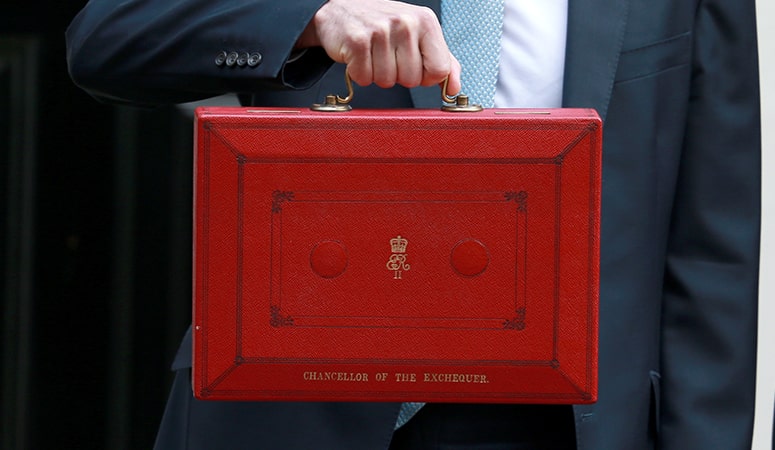As soon as COVID-19 started to spread in the UK and senior management started to make decisions about protecting business and/or their employees the Rubicon had been crossed (I thought I would throw in a Classical reference in case the Prime Minister reads this!).
The corporate world in the UK seems to have clearly divided itself into two distinct camps:
On the one hand, there are those businesses that are seeking to protect themselves by reducing staff pay, laying off employees or asking them to take unpaid leave – that is, almost ignoring UK Government initiatives to support company payrolls – and protecting the business/profits/dividends by financially penalising their workers.
On the other, there are business that are looking to protect their employees come what may and are offering support, flexibility and compassion to help their employees remain in paid employment.
Employee wellbeing has been high on the agenda in the UK for several years now. There has been a focus and a movement towards the view that organisations can’t simply treat employees as robots or machines – when one breaks down they are disposable and another can take its place and that wages basically ‘buy’ the employee’s time/labour for the business to use. Many forward-thinking businesses are looking at employee wellbeing as a key cultural aspect of their corporate DNA. This is not purely altruism but is bound up in the fact that employee wellbeing translates directly to improved productivity, morale, loyalty, retention and recruitment.
Even before the COVID-19 crisis the UK economy was facing a shortage of talent, which was being reflected in an evolution in employee wellbeing. Now, following the events of the past few weeks, I’d predict the following post-COVID-19:
Businesses that have dealt generously and compassionately with employees will emerge from the crisis with motivated employees who will be brand ambassadors for their employers. Those who have used employees as means of cutting costs will:
– Be surprised how visible their actions have been to the general public; social media etc. spreads bad news around the UK in seconds. This will damage their reputation and they could see a downturn in sales even after recovery for the UK in general due to boycotts, either formal or sporadic.
– Find it difficult to recruit as prospective candidates will know exactly how they treated their staff in the crisis because of social media. Tools like Glassdoor will provide employees/ex-employees with a platform to outline how the business dealt with them during the COVID-19 crisis.
– Similarly, any staff that are still working for them post crisis are likely to leave as soon as they can find an alternative.
– A breakdown in trust with suppliers etc. While a sale is a sale, suppliers might well look to tighten terms and offers. After all, if they treat their people badly what does that say about the company and its management?
It’s often been a throwaway line that a business’s most valuable asset is their people, but in the future, this will increasingly become a truism.
A movement away from self-employment back towards employment. Successive UK governments have promoted self-employment as a means of securing income, reducing taxation and increasing work flexibility. The current crisis has shown how precarious self-employment can be. Very few self-employed people will have a sufficient emergency fund to see them through the crisis and Government help has been slow to arrive – too little, too late.
A significant reassessment of ‘value’. In the past, ‘value’ has been largely determined by wealth creation and risk-taking, in turn rewarded by salary/bonus. We are seeing that some of the workers at the lower end of status (cleaners, delivery drivers, healthcare workers, supermarket assistants) are potentially more valuable to society than previously perceived and should be rewarded justly for their contributions.
A significant change in how organisations work – more homeworking, increased flexibility, a desire for improved work/life balance but also potentially great loyalty from employees looking for stability and security.
One thing is for sure, the UK will return to normal after COVID-19, but the ‘normal’ we return to won’t be the one we left behind in March 2020!






